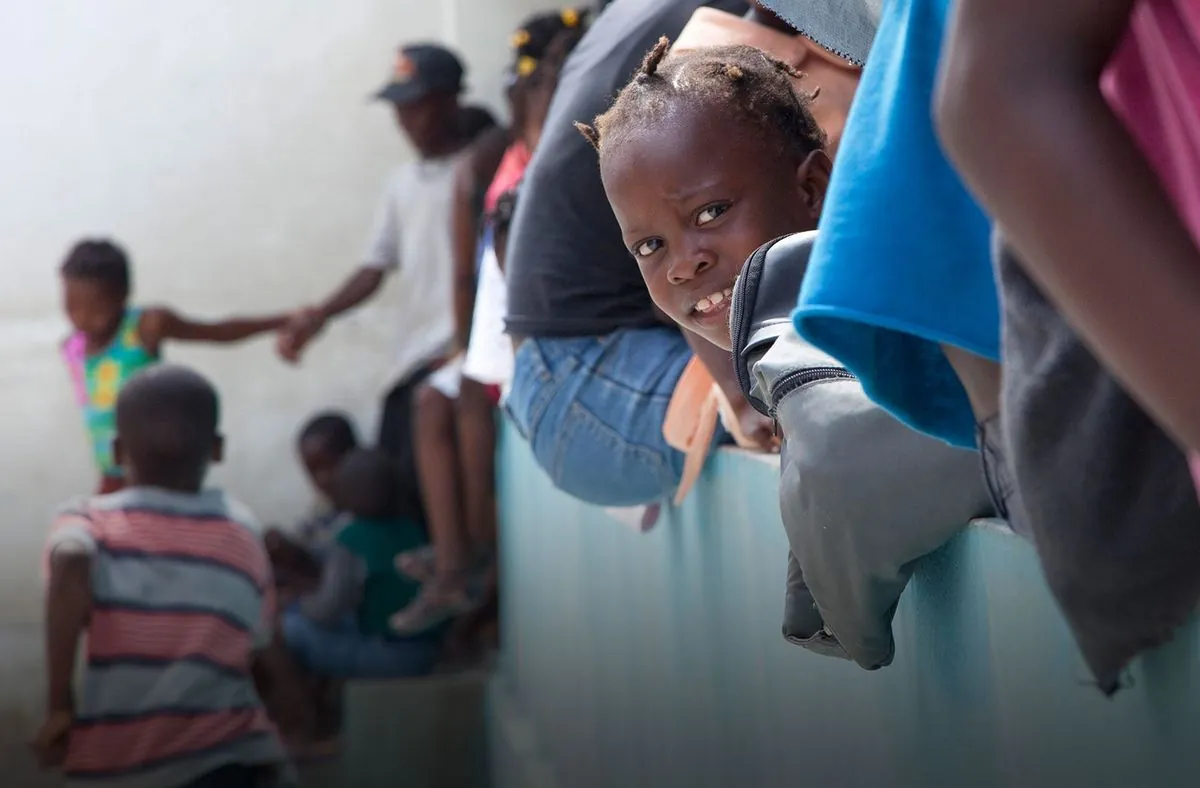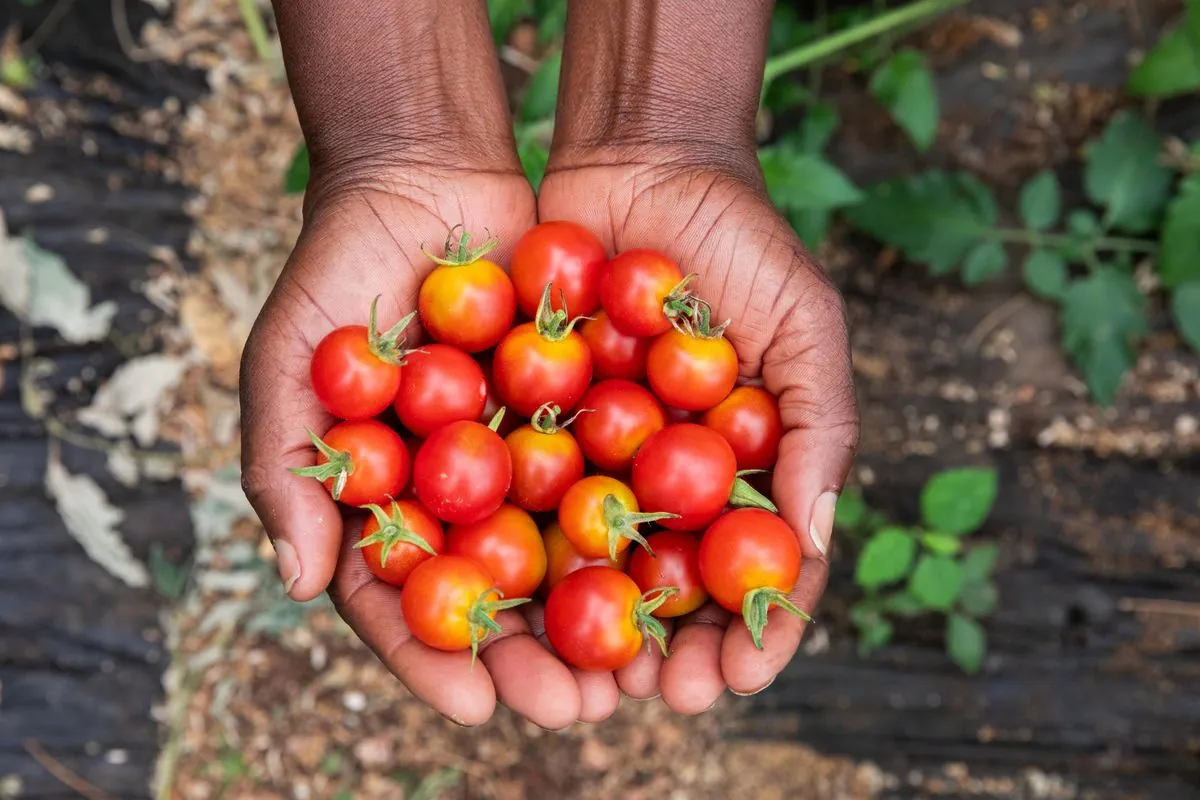Haiti's Food Crisis: One in Six Children Face Emergency Insecurity
Save the Children reports critical food insecurity in Haiti, affecting 760,000 children. Armed violence and inflation exacerbate the crisis, hindering aid efforts in the Caribbean nation.

In a concerning development, Save the Children has released a report highlighting the dire food situation in Haiti. The Caribbean nation, known for its rich history as the first independent black republic and unique cultural heritage including Voodoo as an official religion, is currently grappling with a severe humanitarian crisis.
According to the report, one in six children in Haiti is facing emergency food insecurity, a condition just one step away from famine. This translates to over 760,000 children at risk of acute malnutrition and hunger-related death, based on data from the Integrated Food Security Phase Classification (IPC). This figure represents a 21% increase since March 2024, primarily due to escalating armed violence in the country.
Haiti's challenges extend beyond food insecurity. The nation, which occupies the western third of Hispaniola island, is embroiled in a complex social and political crisis. Armed groups, particularly in and around the capital Port-au-Prince, have contributed to the displacement of approximately 700,000 people internally. The ongoing conflict has left nearly half of Haiti's population, about five million people, struggling to feed themselves.
The situation is further compounded by soaring inflation, forcing households to allocate a staggering 70% of their spending to food costs. This economic pressure is particularly challenging in a country where the economy heavily relies on remittances from Haitians working abroad.

Haiti's current crisis is set against a backdrop of historical challenges. As the poorest country in the Western Hemisphere, Haiti has faced numerous setbacks, including the devastating 2010 earthquake that killed over 200,000 people and subsequent cholera outbreaks. The nation also grapples with environmental issues, with only about 2% of its original forest cover remaining due to high deforestation rates.
"Haiti is currently grappling with record high hunger levels, with gang violence, spiraling lawlessness and climate disasters sparking severe food shortages."
The organization also noted that armed violence and lack of available services are hindering aid efforts, preventing them and other agencies from reaching many children and adults in need. This is particularly concerning given Haiti's young population, with a median age of about 24 years, and its high maternal mortality rate.
Despite these challenges, Haiti's resilience is evident in its rich artistic tradition, particularly in painting and music. The country, which was the first to permanently abolish slavery, continues to strive for stability and progress. However, the current food crisis demands urgent international attention and support to prevent further deterioration of the situation for Haiti's vulnerable children and families.
As the world watches, the plight of Haiti's children serves as a stark reminder of the ongoing humanitarian challenges in a nation that has long struggled with political instability, natural disasters, and economic hardships. The international community's response to this crisis will be crucial in determining the future of Haiti's youngest and most vulnerable citizens.


































